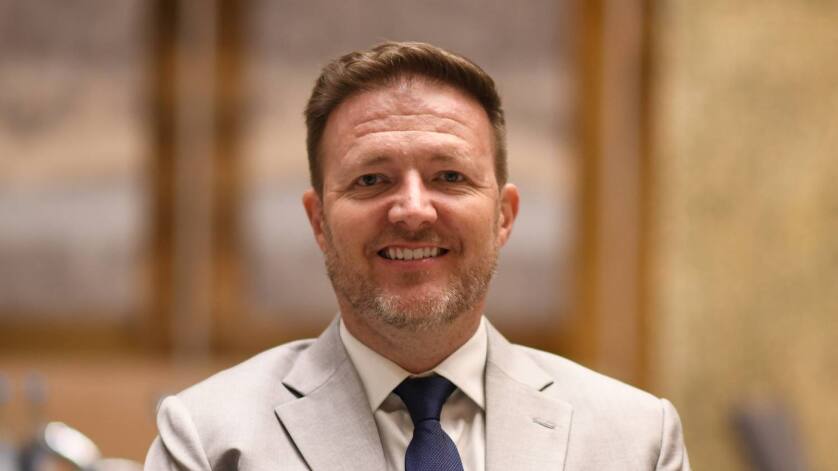Illicit tobacco products put lives at risk: studies show illicit cigarettes contain far higher levels of tar and carbon monoxide. Beyond lost taxes, this trade fuels addiction and disease. Stronger enforcement and awareness are critical health priorities.

Rodney Van Dooren, Head of Illicit Trade Prevention at Philip Morris International (PMI)
How serious is the problem of illicit tobacco trade globally and in India?
Global tax losses from the illicit tobacco trade are estimated at $40–50 billion annually, representing around 500 billion cigarettes or 14–15% of global consumption. India alone is home to approximately 120 million cigarette users—the tobacco association of India refers to an independent report stating that one in four tobacco products consumed in India are illicit – this translates into an estimated annual revenue loss of ₹12,000–13,000 crore (about $1.5–1.6 billion). The consequences are both economic and structural—hence an urgent need to tackle the issue.
What are the health risks posed by illicit tobacco products?
The public health implications are equally severe. While no cigarette is safe, counterfeit products are often significantly more harmful. Independent studies have found that these illicit cigarettes can contain tar levels up to 160% higher and carbon monoxide levels about 133% higher than regulated products.
How does the issue play out in Southeast Asia, and what role does PMI have in addressing it?
Within ASEAN, Cambodia is identified as a source of counterfeit cigarettes-with India,
PMI has long invested in technologies that protect supply chain integrity. As part of its continued efforts to curb illicit tobacco trade menace, our strategy focuses on five critical areas- research & intelligence, protecting supply chain, partnerships, stakeholder collaboration and raising awareness. Over an extended period Globally and in India, PMI has committed to cooperation with the public sector to fight the trade of illegal cigarettes and smoke free products. PMI brings deep, practical experience from some of the world's most advanced T&T systems- implemented it voluntarily in 141+ markets worldwide. Across all markets, the outcomes have been consistent: better visibility, stronger compliance, and measurable reductions in illicit tobacco trade.
Specifically in India, what steps are needed to combat illicit trade effectively?
In India, the illicit tobacco trade has both domestic and transnational dimensions. Alongside the illegal domestic production of non-compliant tobacco products, a large share of the problem stems from smuggling. Tackling it requires more than strict border controls—it demands upstream cooperation with source countries and worldwide adoption of regulations requiring manufacturers, exporters and transhippers to ensure the products they trade are fully compliant with the intended market of consumption. Until then, bilateral and multilateral engagement can help dismantle supply chains before products reach Indian markets. Strengthening such international cooperation remains a key priority for PMI.
Empower your business. Get practical tips, market insights, and growth strategies delivered to your inbox
By continuing you agree to our Privacy Policy & Terms & Conditions
